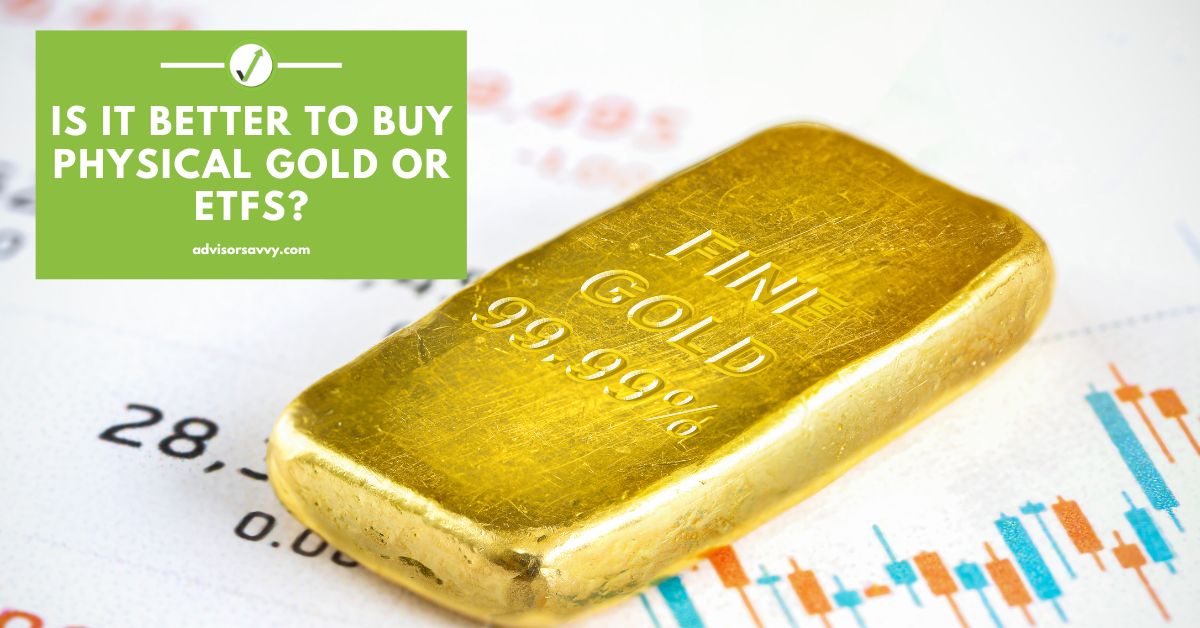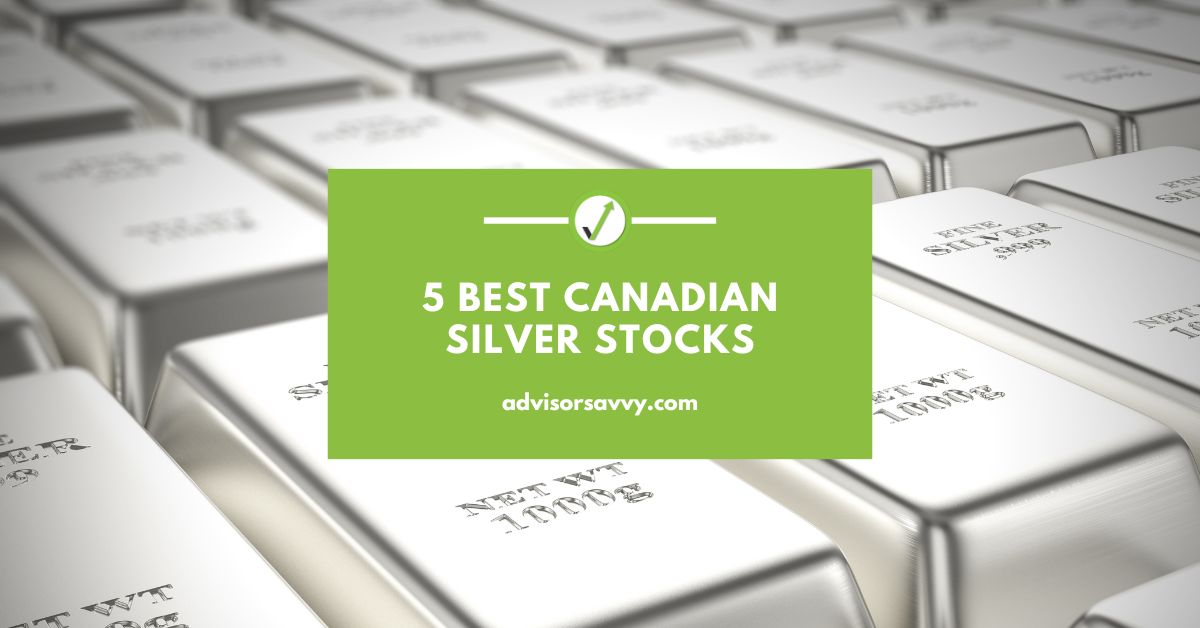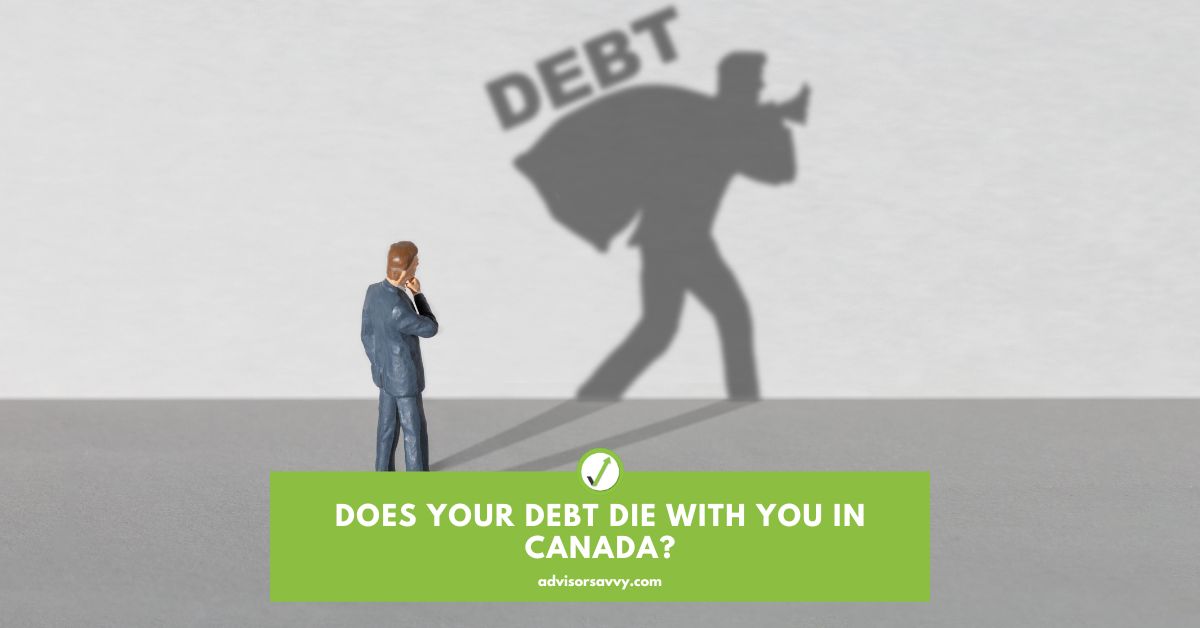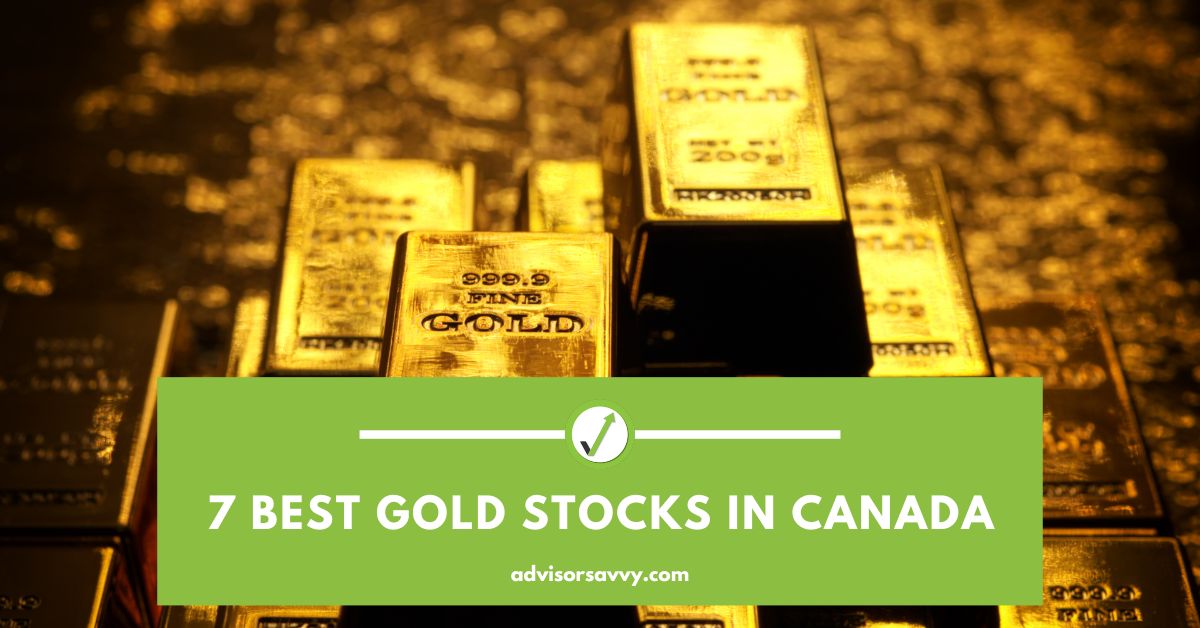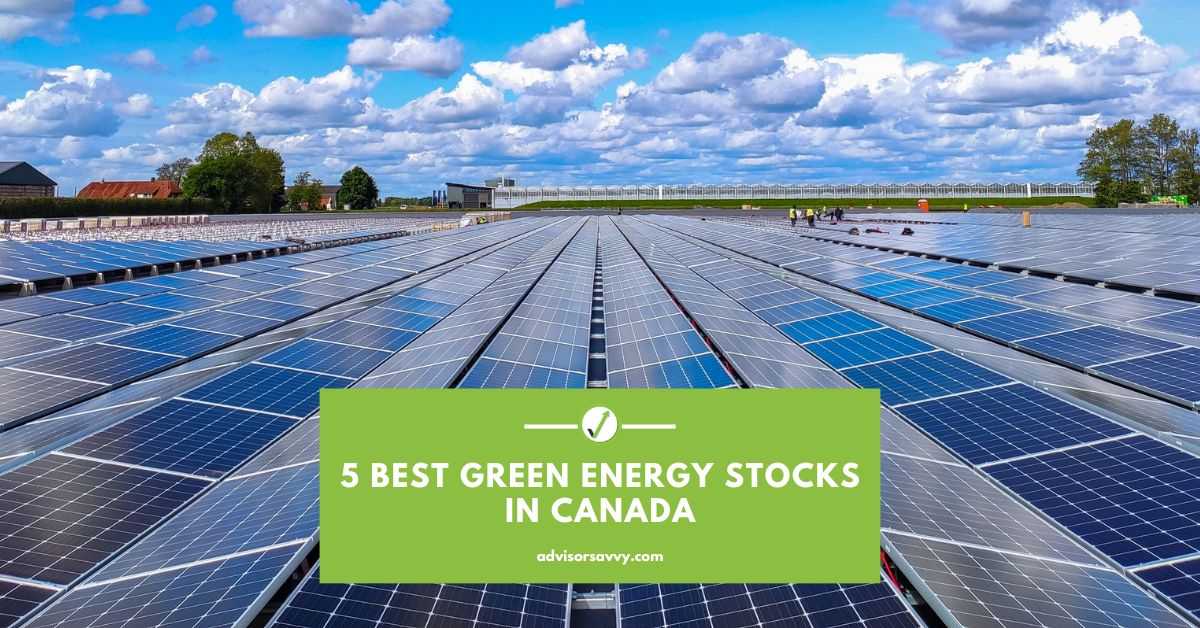What is Diversification Strategy in Personal Finance?
Personal finance is all about devising and implementing strategies surrounding earning, spending, investing, saving and debt. One effective methodology that has stood the test of time is the diversification strategy. These tactics have been used by pretty much everyone concerned with finance from the small business owner to the 9-5 employee to the corporate tycoon. But what is diversification strategy in personal finance? Continue reading to find out! What is Diversification Strategy? Traditionally, diversification strategy is a term used in business. It is a practice that involves adding products or services with the intention of growing. However, the same concept applies in personal finance. For instance, by expanding the types of income you earn, you’re partaking in a diversification strategy. Or, if you own a variety of investments among different industries and risk levels, then you’re applying the concept of diversification. All in all, if companies can grow their wealth using a diversification strategy, you can do the same! Whether
Continue reading




